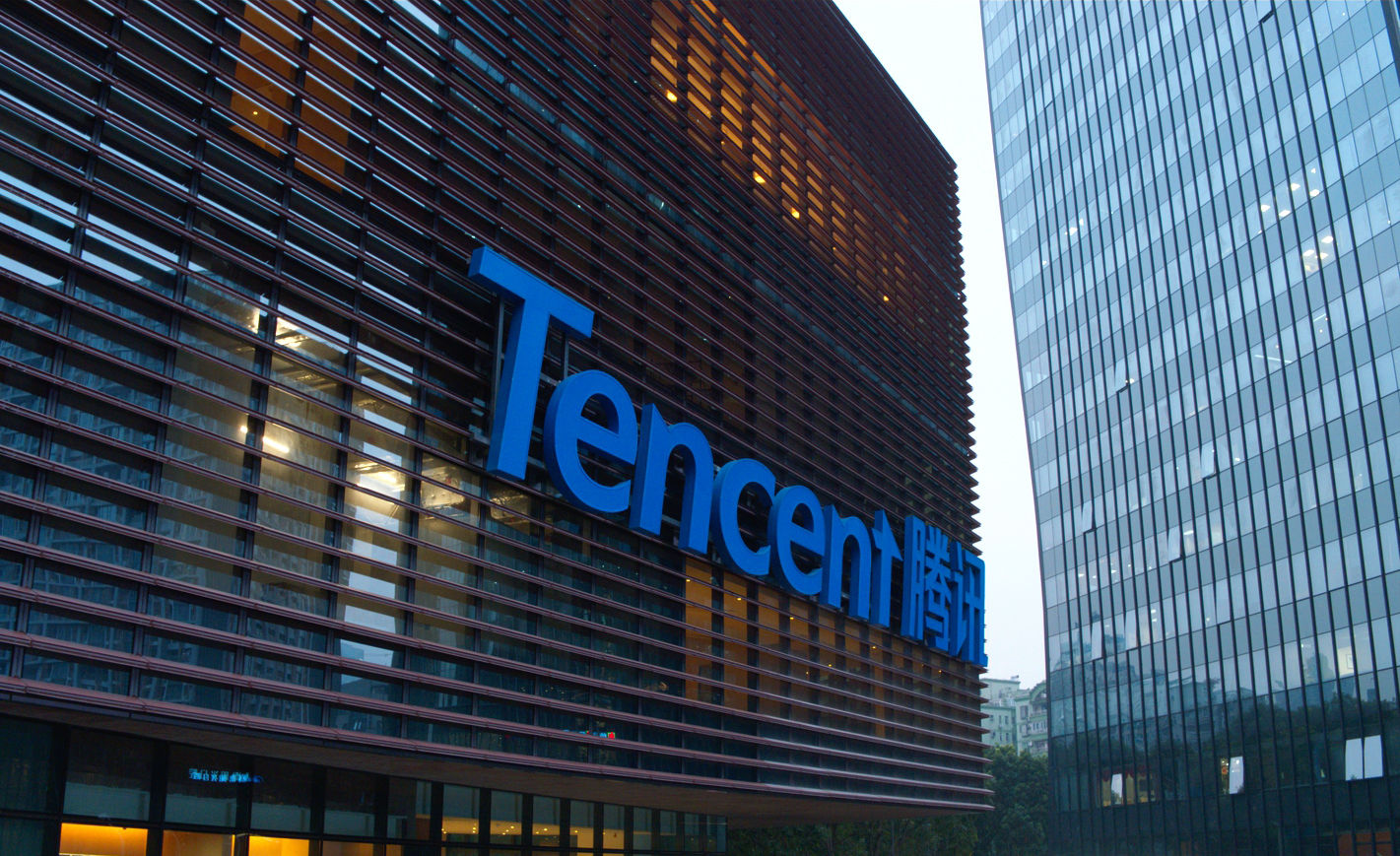The US Department of Defense has identified 134 companies operating in the United States that it claims are aiding China’s military ambitions.
The updated full list, released on Tuesday, includes 57 parent firms and 77 subsidiaries spanning industries like aerospace, chemical engineering, and information technology.
Among the names are major players such as Huawei Technologies, battery manufacturer CATL, and tech giant Tencent Holdings.
This marks a significant increase from the 73 firms reported in January 2023, highlighting growing concerns over Beijing’s Military-Civil Fusion (MCF) strategy.
China’s ‘aggressive national strategy’
According to the Pentagon, the MCF strategy integrates civilian technologies and enterprises into China’s military-industrial complex.
The US State Department has described MCF as an “aggressive national strategy” aimed at transforming the People’s Liberation Army (PLA) into a world-class military by 2049.
The Defense Department alleges that joint research institutions, academia, and private firms—often unknowingly—are contributing to PLA advancements.
Chinese companies push back
Some of the designated companies have disputed their inclusion on the list. Battery maker CATL stated that it has “never engaged in any military-related business or activities,” labeling the Pentagon’s designation a “mistake.”
The company indicated it might pursue legal action to address the issue.
Similarly, Tencent Holdings, China’s largest company by market capitalization, called its inclusion a misunderstanding.
“The Company is neither a Chinese military company nor a contributor to the Chinese defense industrial base,” Tencent said in a statement.
The firm plans to engage with the Pentagon and initiate legal proceedings if necessary.
Pentagon won’t collaborate with these companies
The designation does not impose immediate sanctions on the listed firms.
However, under the National Defense Authorization Act of 2024, the Pentagon is prohibited from collaborating with these entities starting June 2026.
Defense officials argue that the expanded list helps protect US interests against the potential risks posed by China’s MCF strategy.
Liu Pengyu, a spokesperson for the Chinese embassy in Washington, criticized the move, telling the BBC:
The US practices violate market competition principles and international economic and trade rules, undermining foreign companies’ confidence in investing and operating in the United States.
Huawei, Tencent, and CATL
The inclusion of firms like Huawei, Tencent, and CATL underscores the Pentagon’s growing scrutiny of Chinese companies with cutting-edge technologies.
While many of these firms’ activities in the US may appear unrelated to military applications, their foundational technologies remain of interest to China’s defense apparatus.
This list also reflects a broader US strategy to counter China’s influence in critical sectors.
The next steps for these companies include navigating legal challenges and potentially reshaping their US operations.
Meanwhile, the Defense Department’s findings are likely to fuel further debates over economic decoupling and national security.
As tensions between the US and China continue to rise, the Pentagon’s actions may signal stricter measures in the future.
The focus on Beijing’s military-industrial ambitions highlights the intersection of economic competition and national security concerns, with potential ramifications for global trade and technological innovation.
The post Chinese companies advancing Beijing’s military aims: here’s the full list revealed by the US appeared first on Invezz

